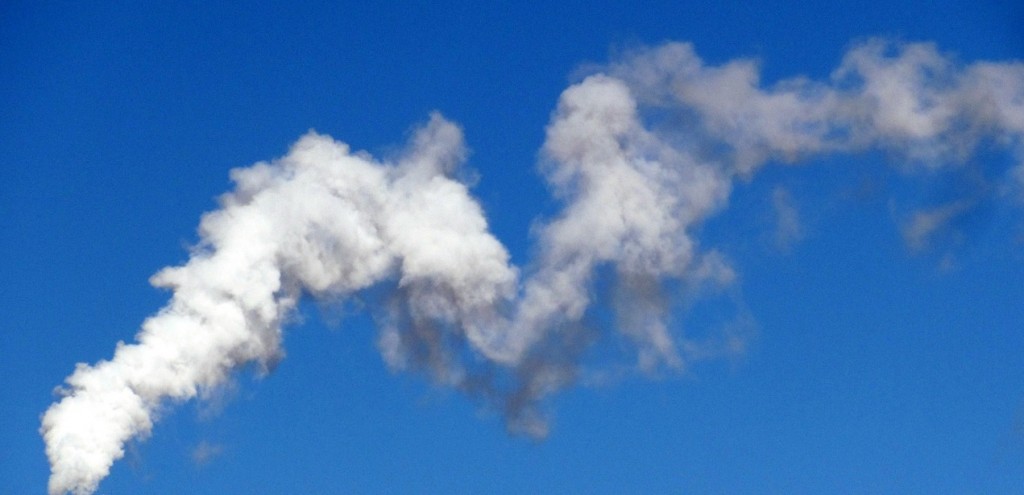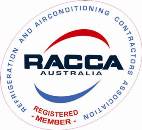
Several international government bodies and HVACR industry associations have given their verdict on the Kigali Amendment.
The Kigali Amendment is an amendment to the Montreal Protocol and outlines a schedule for developed and developing countries to reduce their HFC production and use. Developed countries will have to start reducing their HFC production and use from 2019, with developing countries to follow from 2024. The developing countries are split into two groups, with the second group (which includes India, Pakistan, Iran, Iraq and the Gulf States) to reduce their HFC production from 2028 and use from 2032. The Kigali Amendment is legally binding for all 197 Parties to the Montreal Protocol.
According to an article published by r744.com, US President Barack Obama defined the Amendment as “an ambitious and far-reaching solution to this looming crisis”, while some African and Pacific Island nations wanted the agreement to go further as they believed their countries are under the biggest threat from climate change. Mattlan Zackhras, Minister-in-Assistance to the President of the Marshall Islands, acknowledged in the article that while the Amendment is not entirely what the Islands wanted, it is a good deal.
Stephen Yurek, President and CEO of North American trade association, AHRI, attended MOP28 and stated on AHRI’s website that the Amendment is the first step in a multi-step process and the industry would work hard to research, work with, and prepare for HFC alternatives.
“Our industry is hard at work doing the research on the HFC alternatives that will be used in the world’s air conditioners, heat pumps and refrigeration equipment…getting that right is certainly as important as reaching agreement.
“(What is) also very important are the education and training initiatives that will have to occur to ensure safe, efficient installation of the equipment that will contain these new refrigerants.”
In an article published by racplus.com, the EU praised the Amendment and emphasised their support for proposals and agreements for HFC phase downs, with an EU spokesman stating, “The EU and its Member States have been long-time supporters of proposals for the global phase down of HFCs. The EU has shown global leadership through its own action. The EU’s ground breaking legislation on fluorinated greenhouse gases adopted in 2014 demonstrated that an HFC phase down was feasible. This set an EU-wide cap on consumption of HFCs in 2015 and a first reduction step this year.”
Arunabha Ghosh and Vaibhav Chaturvedi, CEO and Research Fellow respectively, at the Council of Energy, Environment and Water, wrote an article on the Amendment for The Hindu providing details on why India asked for differentiated treatment for HFC phase downs. Their article focuses specifically on the cost burden of reducing and freezing their HFC production and use prior to 2028, as well as the comparison between India’s and China’s HFC emissions and lack of alternative gases being manufactured in India. However they also stated that their willingness to be a part of the Amendment was a result of “extensive research within India, combined with several rounds of consultation between government, industry and civil society.”
Overall the international reception to the Kigali Amendment has been positive.
More information on the Kigali Amendment can be found here.
Image via Pixabay.



